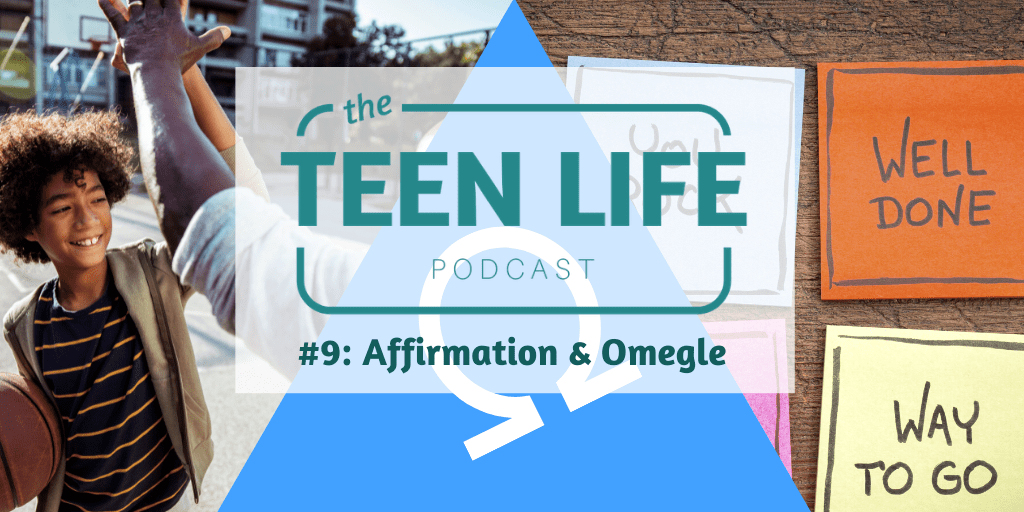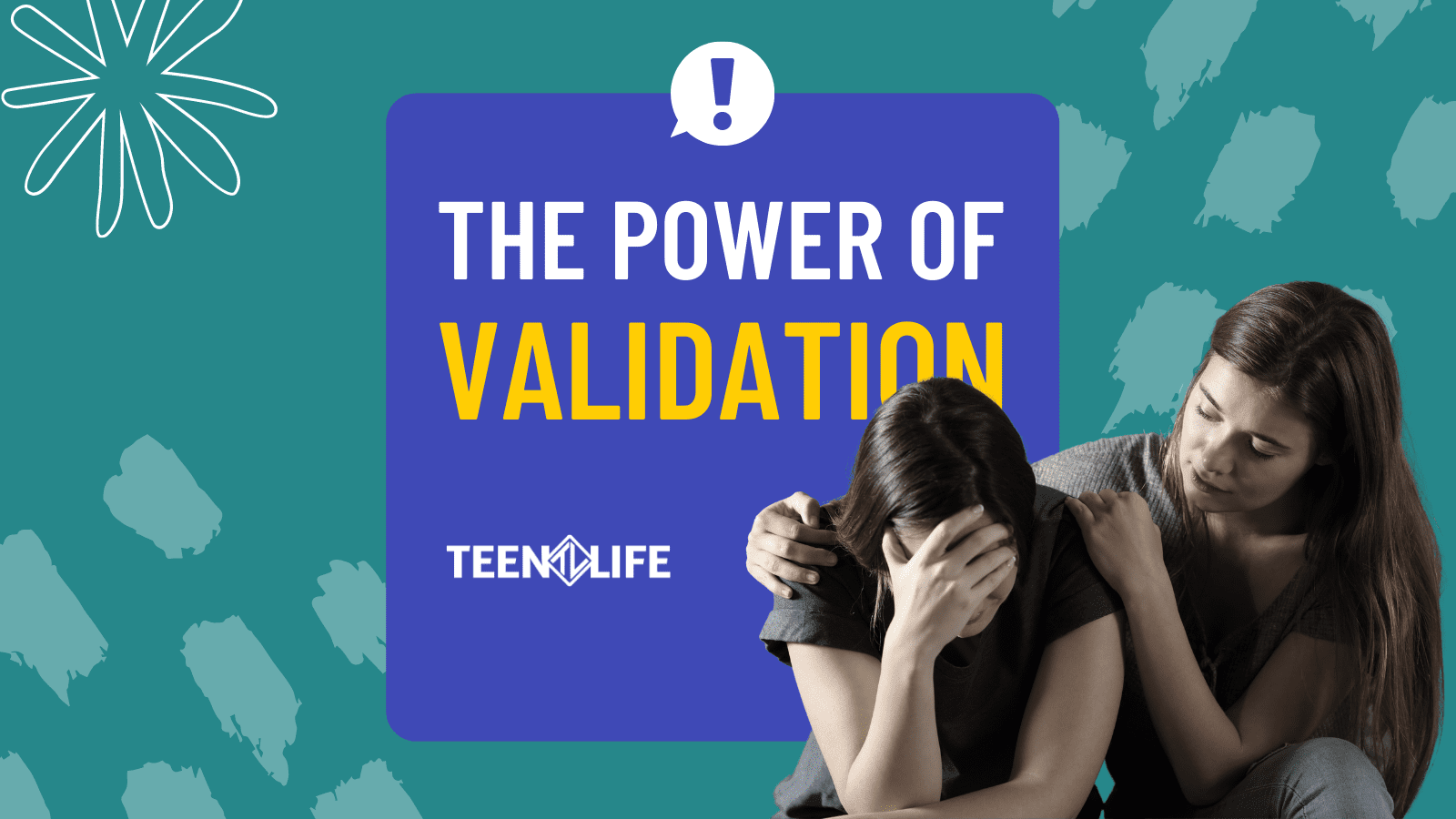
Ep. 56: Teen Virtues & Marvel
Podcast: Play in new window | Download
Join Chris and Karlie in one of their most important conversations to date. Learn this simple trick to harness the power of words to encourage and affirm teens. You’ll also love this episode’s deep dive into the world of Marvel, parental warnings, and great takeaways.
Resources:
- Enchanted Learning: Virtues Vocabulary Word List
- Space.com: Marvel Movies in Chronological Order
- Common Sense Media
- Disney+: Marvel
- Teen Life Podcast: Episode 48: Pornography & Acronyms 2 (includes tip on Disney+ content changes)
- Podcast music by Luke Cabrera & Tobin Hodges
Have a question?
If you have a question about something you heard or just want to give us some feedback, please leave us a comment below. We would love to hear from you!

Chris Robey
Former CEO

Karlie Duke
Communications Director
Karlie Duke | Director of Communications
Karlie has always had a heart for teenagers. Through her role at Teen Life, she loves to showcase the amazing stories coming out of Support Groups, but she is especially passionate about helping adults and teenagers find connection. Karlie has a BS in Communications with a minor in Family Studies from Abilene Christian University.
Chris Robey | Former CEO
Chris has spent most of his career empowering teenagers from all backgrounds. As the former leader of Teen Life, he is passionate about helping students make good choices while also giving adults the tools they need to communicate more effectively with teens. Chris is a graduate of Midwestern State University and holds a Master’s Degree in Family Life Education from Lubbock Christian University.











